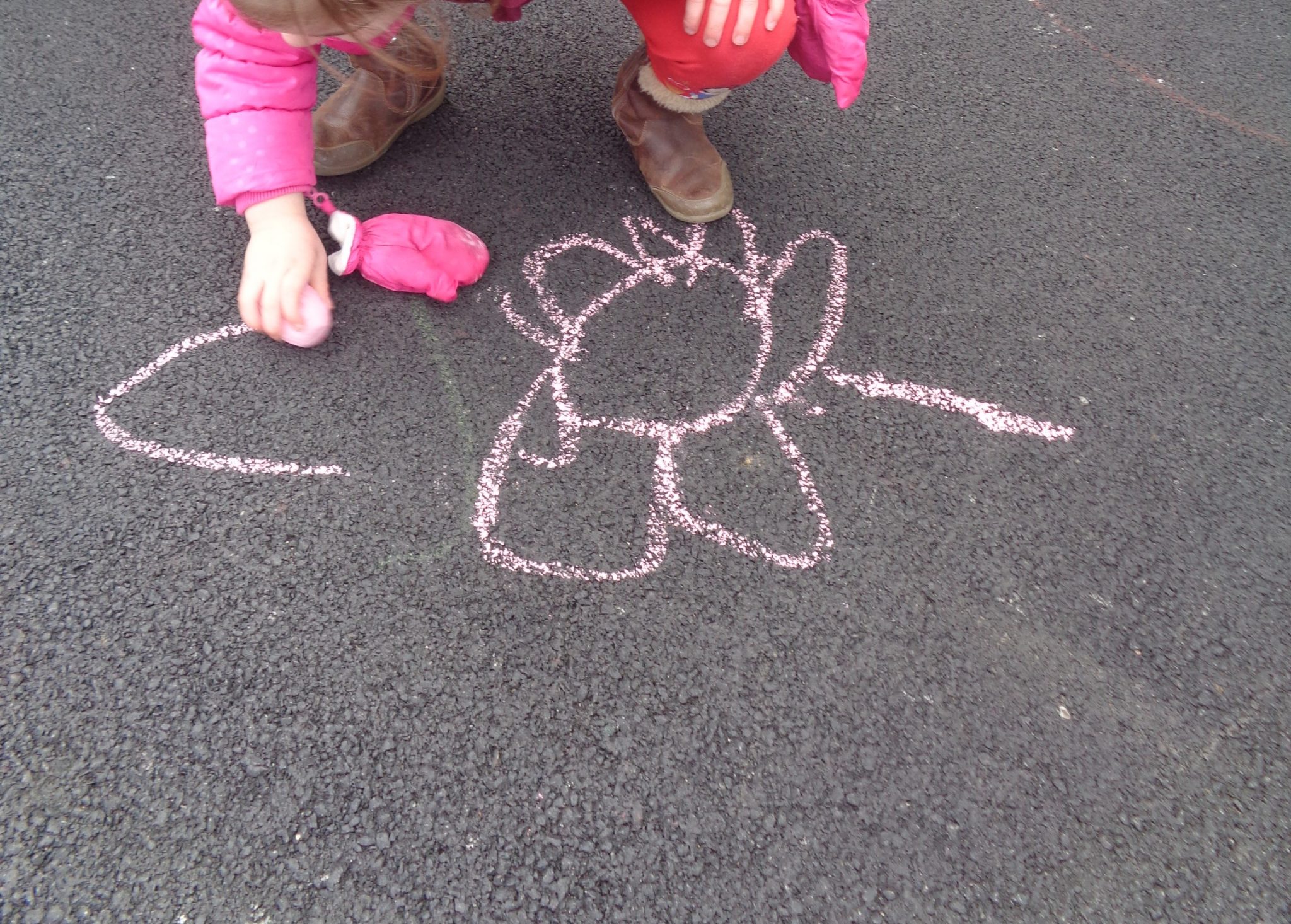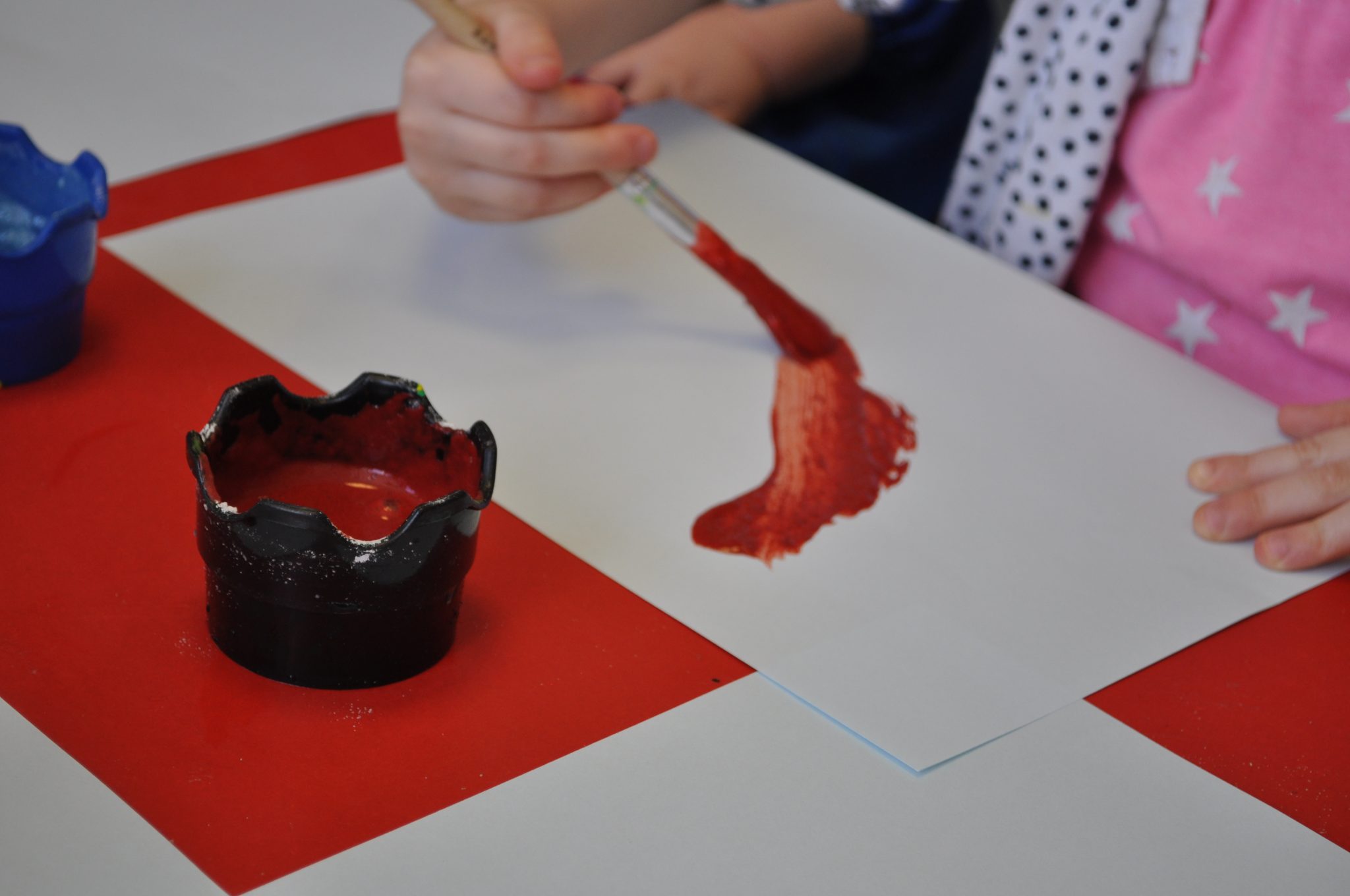Children are not developing the fine motor skills they need
This was an issue which was highly discussed last year as many primary school teachers found that children were starting reception class without the fine motor skills they needed or should be achieving by that age. This has again been highlighted with many expressing the same concerns.
The importance of fine motor skills
Fine motor skills are important for children to master in order for them to begin to process of learning to write and form letters. Without being developmentally mature enough for this and the strength and control necessary, it is very difficult for children to learn letter formation and begin writing.
Fine motor skills are not just necessary for writing but for many other daily tasks such as doing up buttons, using locks, tying laces, picking up objects, turning pages in a book etc…. These skills should begin developing early on but children need the experiences and the opportunities to develop and acquire these skills.
There is an ongoing debate amongst early years professionals as to whether children in the early years should be taught letter formation and writing however this is not essential and there are many other ways that fine motor skills can be promoted.
How to promote fine motor skills
Fine motor skills can be promoted in many ways and with all ages. Some practitioners like to create fine motor areas or specific activities but the important thing is to be aware of fine motor development and ensure that all children have the opportunity to explore and develop these skills through activities such as;
· Messy play – Beans, rice, cereals etc anything small that children can learn to pick up using a pincer grip
· Padlocks and keys – These can Incorporate other areas of learning too such as matching the same colour key and lock or same numbered key and lock
· Graphics areas – Pencils, pens, crayons which the children can access as they please all give children the opportunity to use fine motor skills
· Threading – These can be brought or made by the setting but all encourage children to use fine motor skills
· Art – Painting with cotton buds, brushes, fingers stamps, gluing and sticking small pieces all encourage fine motor skills
· Tweezers – Large tweezers for the early years can be brought these can then be used for sorting activities, messy play etc.
· Scissors – Cutting various pictures, patterns, shapes, lines all promote fine motor skills.
· Pipettes – Having these in the water area can be great fun and can also be used as part of set activities. A fun way to use these is in potion making games.
· Nuts and bolts – A great and interesting way to promote fine motor skills
Writing and holding pencils doesn’t need to be the main focus and is not always the most effective way of supporting fine motor development. There are many options to supporting fine motor skills so that children can learn to write when they are ready.









Is it enough to provide it at school or is the key access at home as well?
I don’t think the article is about children needing to write in early years. It is highlighting that fact that children are not gaining finemotor skills.
I work with children in early years and above and for a few years now I have noticed that children can not hold or pick small things up.
The way they hold a pencil or mark making tool is very different from what I have seen in the passed. They, not all, holding the tool with a flat hand so are not even griping the tool.
Personally I believe we push children before they are ready to learn and that early years should all be about play. Yes give children the opportunity to mark making and writing as they develop at different rates. But don’t class them as a failure if they don’t write at the age of 4!!. Children have many more skills to learn before being ready the learn academically.
Well said! Couldn’t have said it any clearer.
Perhaps instead of saying that early years are not promoting fine motor skills enough, we should actually be looking at the evidence which shows that it’s developmentally inappropriate to expect that children will be ready to write at the age of 4. Lets not blame early years professionals, but actually use the research to inform practice. Young children need lots of gross motor experiences before fine motor skills develop and body and brain become integrated. Developmentally, the best time to learn to write for most children, is probably between the ages of 5.5 and 7, not age 4.
We promote fine motor skills everyday at my setting..with threading access to buttons for posting nuts and bolts rice and pasta to use tweezers to pick up we use twigs sycamore seeds and cotton buds and fingers in painting locks in puzzles something out every single day to promote fine motor skills….
These activities sound brilliant Tracey 🙂
Fine motor skills cannot be developed until a child has good gross motor development. Lots of outdoor play throwing large balls, swinging from monkey bars, using hola hoops etc. Don’t put the horse before the cart!
This is very true Sarah! Children need to develop a mixed variety of physical skills 🙂